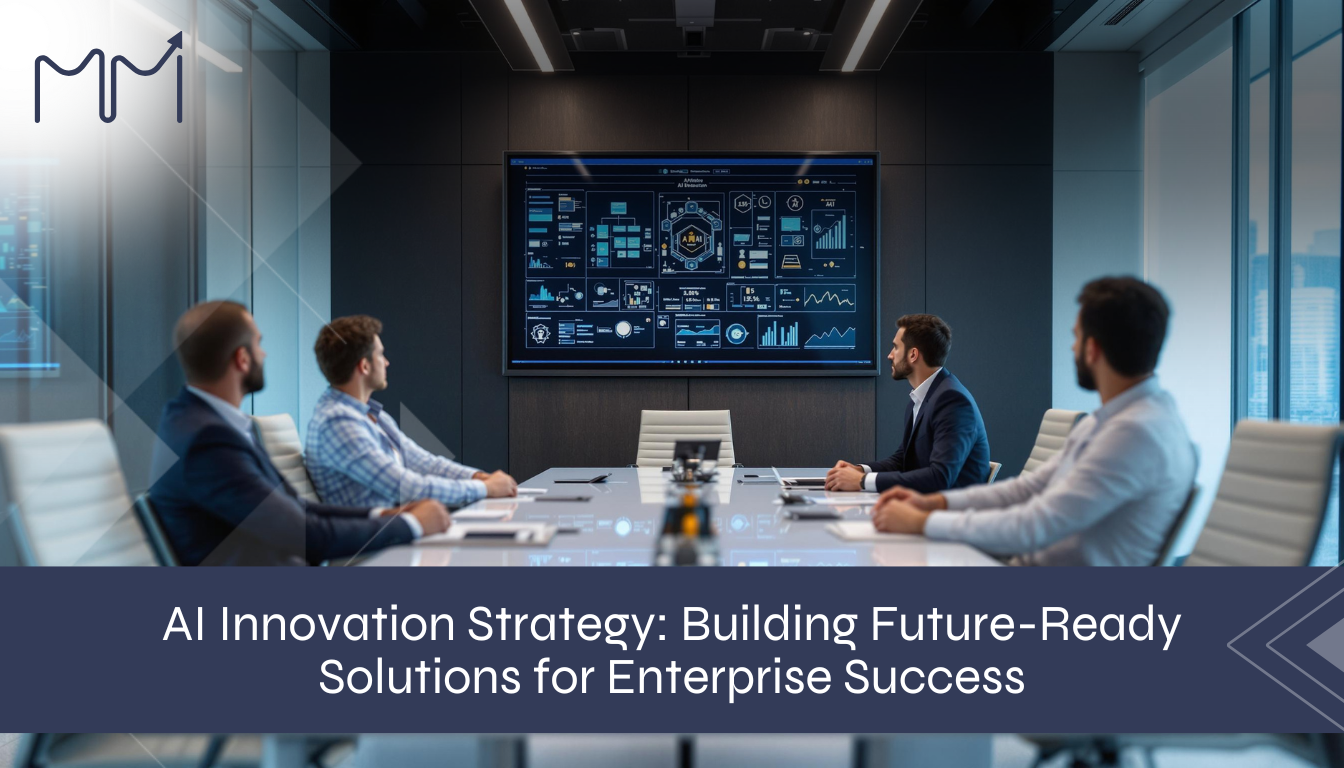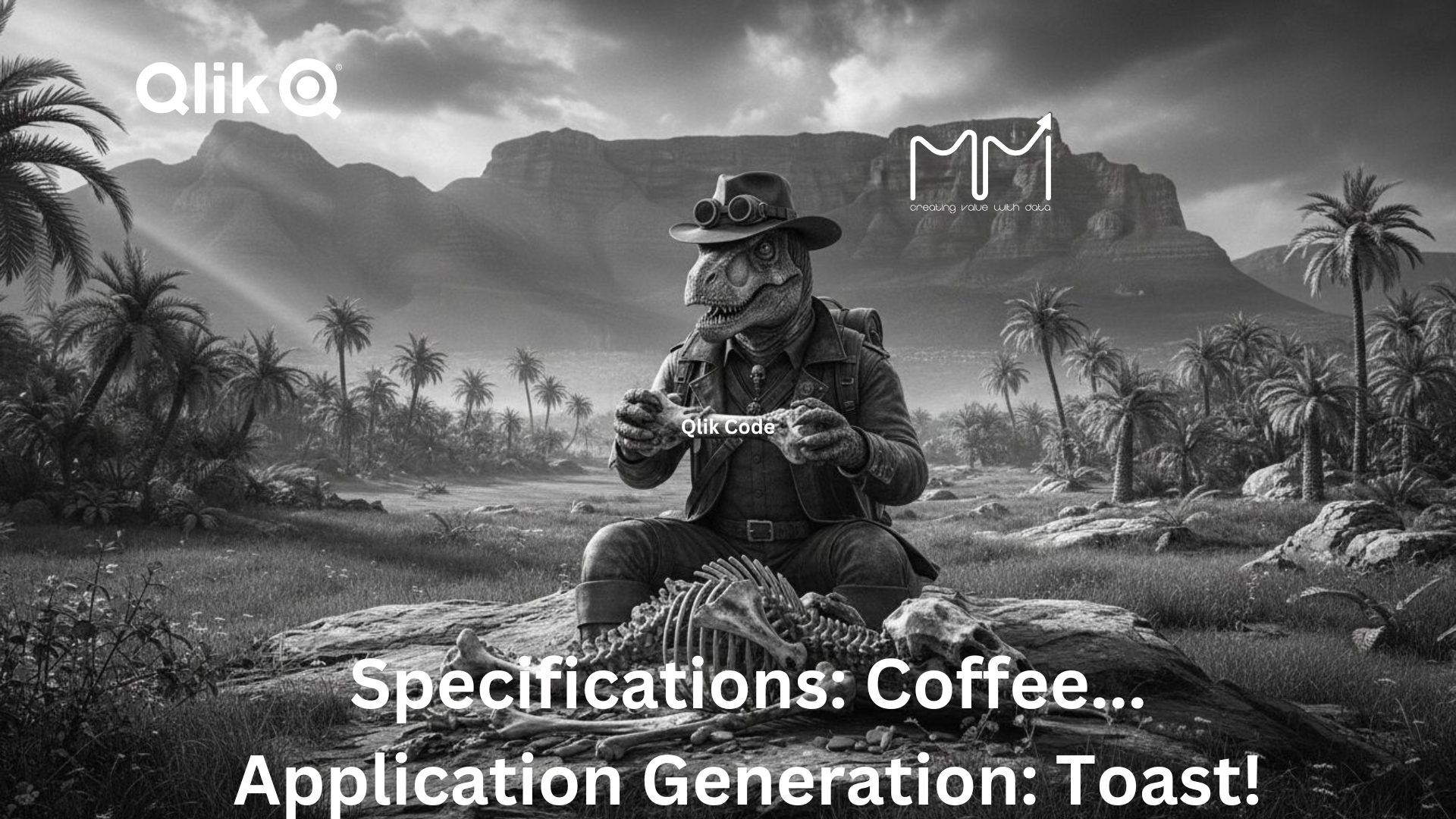Businesses seeking competitive advantages through technology transformation need more than off-the-shelf AI solutions. Creating sustainable value requires a comprehensive AI innovation strategy that aligns technology capabilities with core business objectives. Here’s how enterprises can develop and implement future-ready AI solutions that drive meaningful results.
Building Your AI Innovation Foundation
Successful AI implementation starts with establishing the right organizational foundation. This includes:
Data Infrastructure Assessment
- Evaluate current data architecture and quality
- Identify integration requirements and gaps
- Define data governance frameworks
- Establish data security protocols
Technology Stack Optimization
- Assess existing systems compatibility
- Define integration architecture
- Select appropriate AI frameworks
- Plan scalability requirements
Skills and Capability Analysis
- Map internal AI/ML expertise
- Identify training requirements
- Plan talent acquisition strategy
- Define roles and responsibilities
Developing Your Custom AI Solution
The development process follows these key phases:
Discovery and Planning
Our technical teams work closely with stakeholders to:
- Document specific use cases
- Define success metrics
- Map data requirements
- Create implementation roadmap
Solution Architecture
- Design scalable AI architecture
- Plan integration points
- Define security protocols
- Document technical specifications
Development and Testing
- Iterative development sprints
- Continuous testing and validation
- Performance optimization
- Security compliance verification
Implementation Best Practices
Successful enterprise AI deployment requires:
Change Management
- Stakeholder communication strategy
- User training programs
- Process documentation
- Support system establishment
Performance Monitoring
- Define KPI tracking
- Implement monitoring tools
- Regular performance reviews
- Continuous optimization
Risk Management
- Data privacy compliance
- Ethics framework
- Bias detection protocols
- Regular security audits
Measuring Success and ROI
Track these key metrics to measure AI implementation success:
Operational Metrics
- Process automation rates
- Error reduction
- Speed improvements
- Resource optimization
Business Impact
- Cost savings
- Revenue growth
- Customer satisfaction
- Market share gains
Technical Performance
- System reliability
- Response times
- Accuracy rates
- Scalability metrics
Case Study: Manufacturing AI Transformation
A leading South African manufacturer achieved:
- 35% reduction in production errors
- 28% improvement in throughput
- 42% decrease in quality control costs
- ROI within 9 months of implementation
Future-Ready AI Implementation FAQ
Q: What infrastructure requirements are needed?
A: Core requirements include robust data architecture, secure cloud infrastructure, and integration capabilities with existing systems.
Q: How long does implementation typically take?
A: Enterprise AI implementation typically requires 6-12 months, depending on complexity and scope.
Q: What ongoing support is provided?
A: We provide comprehensive support including monitoring, optimization, training, and technical assistance.
Q: How do you ensure data security?
A: Multiple security layers including encryption, access controls, and compliance with international standards protect sensitive data.
Next Steps
Ready to begin your AI transformation journey? Schedule an innovation session with our technical experts to:
- Assess your current capabilities
- Define specific use cases
- Create implementation roadmap
- Calculate potential ROI
Contact our team to book your session and start building your future-ready AI solution today.
[Book Innovation Session]



